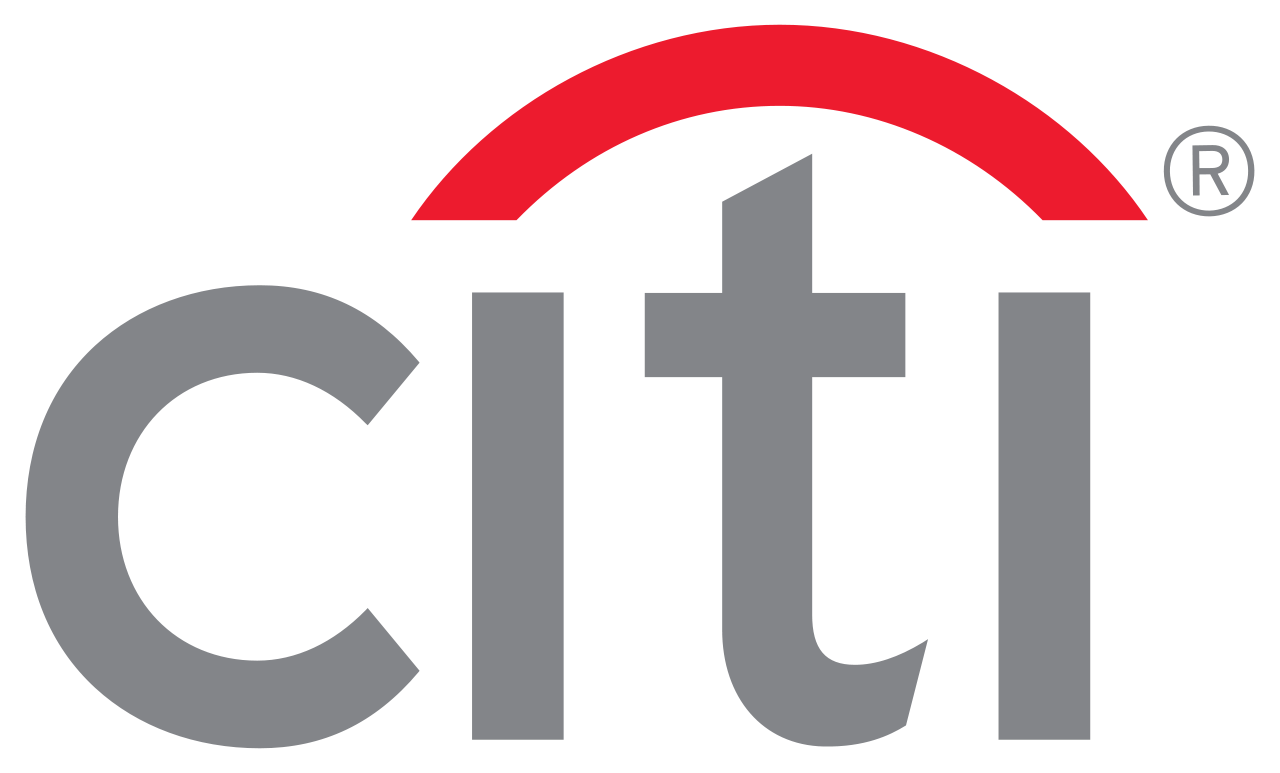Czech Kurzarbeit: Keep an eye on dividends!
20.05.2021Company: bpv Braun Partners s.r.o. advokáti
The Chamber of Deputies has approved an amendment to the Employment Act regulating Kurzarbeit. The amendment is now headed for the Senate. If it passes with no problems, it could take effect in July 2021.
The amendment to the Employment Act based on which employers will be able to request financial support from the state requires employers to pay employees wage compensation of at least 80 % the employee’s average earnings. The employer receives a contribution of 80 % of the expended costs for wage compensation and withholdings, however, no more than 1.5 times the national average wage, which is currently approximately CZK 53,000.
Under these conditions employees can be not working for a maximum of four days a week for a maximum of one year.
Employees will be able to use the time they are not going to work for requalification, improving their qualifications or attending similar courses organized by the labour office.Employers will be entitled to claim financial support only for employees who have been working for them for at least three months.
Work outage as a reason for declaring Kurzarbeit will be assessed from the standpoint of the entire employer or enterprise.
Employers will not be entitled to claim the contribution for employees with a working time account. Employers will also be excluded from receiving support if they have received a fine for illegal work (this restriction lasts for three years).
Employers must inform the Labour Office of their transition to Kurzarbeit in electronic form. Employers will also have to contractually commit to retaining employees for whom they draw financial support for the full time of drawing said support and for a certain time afterwards (half the time for which they drew the contribution).
Employers will also have to tolerate other restrictions:
a) they must not pay out dividends or extraordinary shares in profits in the last month before declaring Kurzarbeit, while it is in force and for a year after it ends,
b) must not repay a loan early.
Employers who do not follow these rules will be required to repay the financial support they received. Please note that all this will be possible only if the government launches Kurzarbeit by issuing the necessary decree. The government will be able to do so when employment is under threat after tripartite discussions. This could take place after a natural disaster or cyber attack, during an epidemic or in times of economic crisis. The government would be required to stipulate the territory, industry and/or group of employers to which Kurzarbeit applies. It will also determine the indicators for assessment and scope of limitation of the working hours. Kurzarbeit will be declared for up to six months and can be extended twice for no more than three months at a time.
Antivirus programme
Kurzarbeit is often mentioned in conjunction with the government’s Antivirus programme, which was originally designed to last a few months, but is still active today. It has been extended through the end of May 2021, but it is not clear whether it will be extended for June as well. It is unlikely, however, that both programmes will be in force at the same time. The most likely scenario is that if the amendment to the Employment Act on Kurzarbeit makes it through the entire legislative process, the Antivirus programme will not be extended again.
Our publications are prepared for general guidance on matters of interest only, and do not constitute professional advice. They do not and cannot take into account any specific circumstances, financial situation or needs of any reader; our readers should not act upon the information contained in this publication without obtaining independent professional advice first. No representation or warranty (express or implied) is given as toOur publications are prepared for general guidance on matters of interest only, and do not constitute professional advice. They do not and cannot take into account any specific circumstances, financial situation or needs of any reader; our readers should not act upon the information contained in this publication without obtaining independent professional advice first. No representation or warranty (express or implied) is given as to the accuracy or completeness of the information contained in this publication, and, to the extent permitted by law, bpv Braun Partners s.r.o., its members, employees, cooperating attorneys and tax advisers do not accept or assume any liability, responsibility or duty of care for any consequences of the reader, or anyone else acting, or refraining to act, in reliance on the information contained in this publication or for any decision based on it.
Author: bpv Braun Partners
Tags: Law | Finance | Human Resources |







